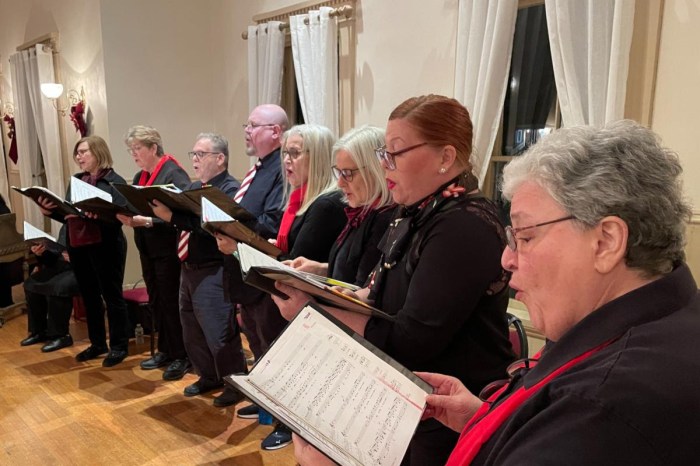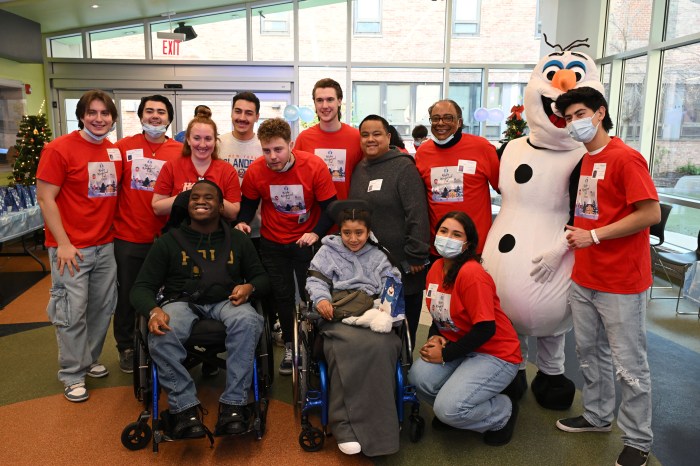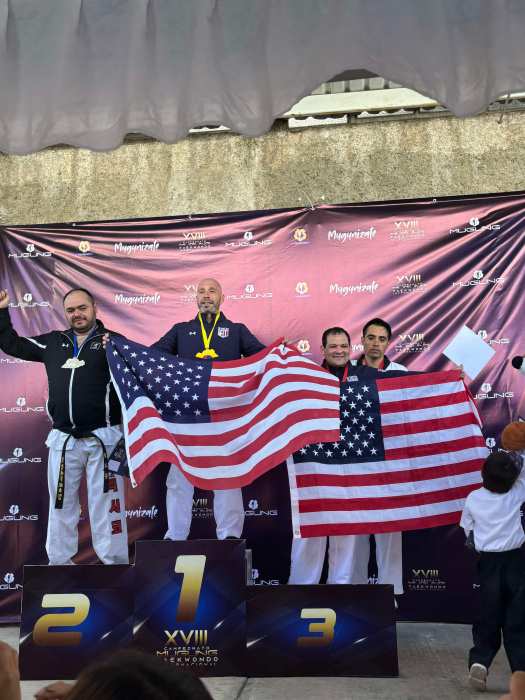By Nicholas Diunte
A crowd of children started to form around the man with gray hair and sunglasses holding court on Bayside High School’s baseball field Saturday afternoon, many unaware of his 288 career wins and 26 seasons in Major League Baseball.
Most knew of him not for his pitching exploits, but for the increasingly common elbow surgery that bears his name.
Tommy John, who spent almost a third of his major league career with the New York Yankees, was one of the special guests at the De Phillips Athletic Club Field Day, which also featured NBA Hall of Famer Walt “Clyde” Frazier.
John took in a few innings of one of the league’s All-Star Games before spending 15 minutes talking baseball with the throng of youngsters surrounding him. He said he enjoyed seeing how the baseball conversation bridged the generation gap between the parents and their children.
“I think the big thing is the interaction, seeing the kids and the parents,” John said. “The parents are trying to tell the kids what I did and how long ago it was.”
Forty years ago, Dr. Frank Jobe performed the first ulnar collateral ligament reconstruction surgery on John, who was then a member of the Los Angeles Dodgers. Given a 1 percent chance of recovery, John missed the entire 1975 season before returning in 1976 to pitch an additional 14 seasons before his 1989 retirement with the Yankees at age 46.
Now 71, he travels the country in support of his Let’s Do It Foundation, promoting awareness and prevention of elbow injuries in baseball. He advises children to diversify their sport interests throughout their high school years.
“The big thing is do not at an early age, before 18, make baseball a year-round sport,” he said. “You get burned out mentally. Secondly, you get burned out physically. Play other sports. It’s called cross training. Do something else, play basketball, play football.”
In the age of parents racing to put their kids on travel teams with the hopes of college scholarships and professional contracts, John urges the adults to be more realistic about their chances.
“Have fun, be a kid,” he said. “Most aren’t going to go past high school. A few might play in college, but to go on farther, the chances are slim to none.”



































